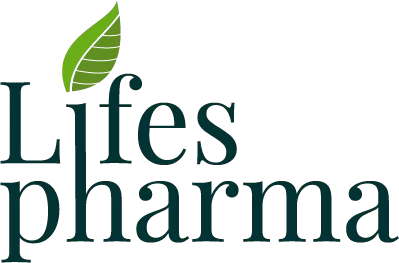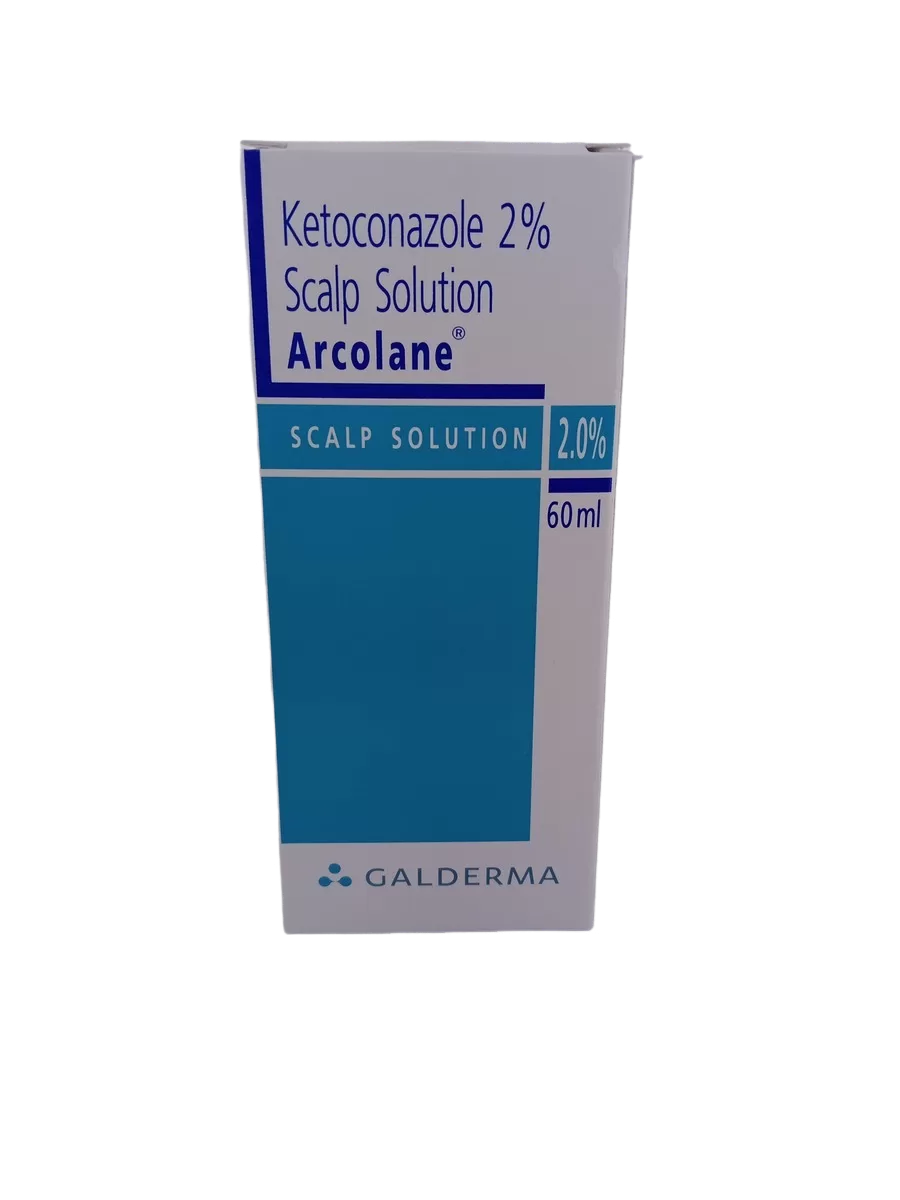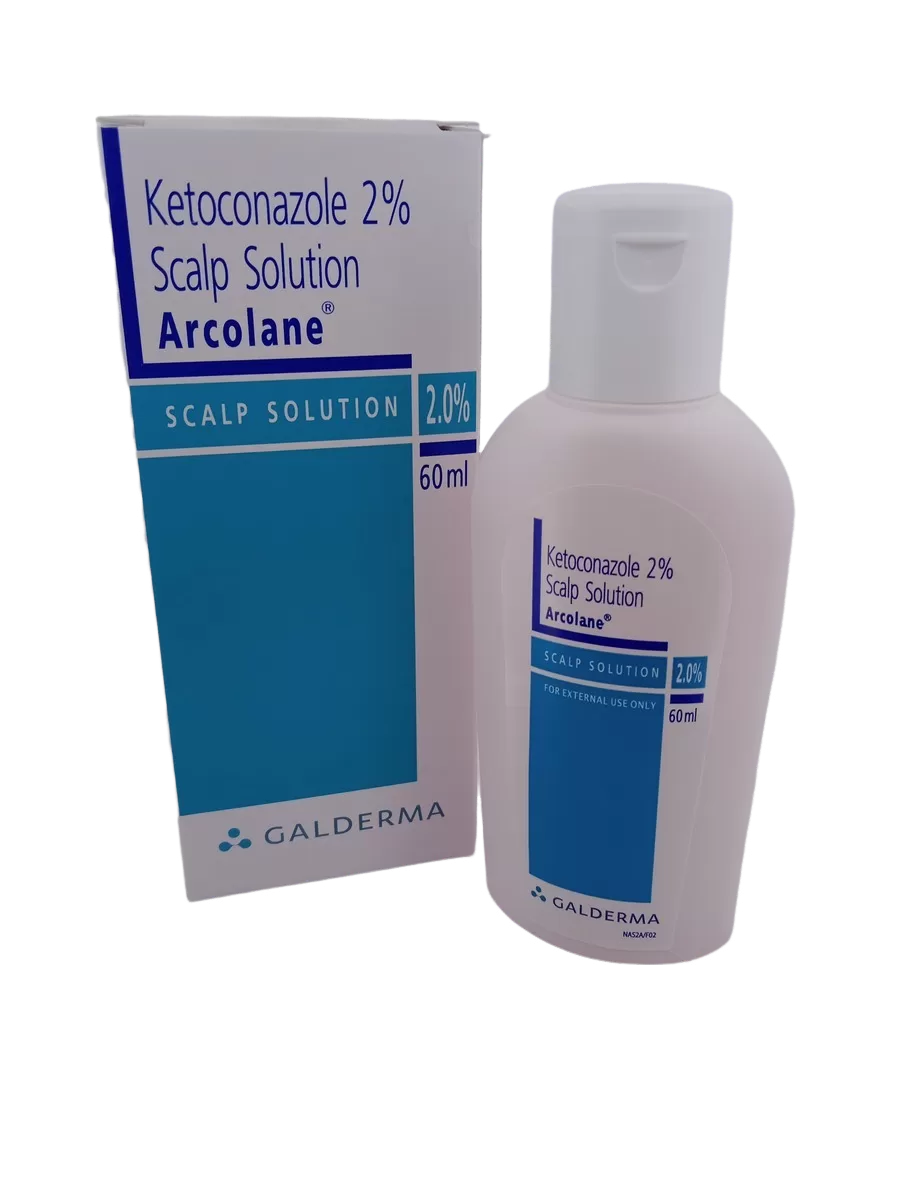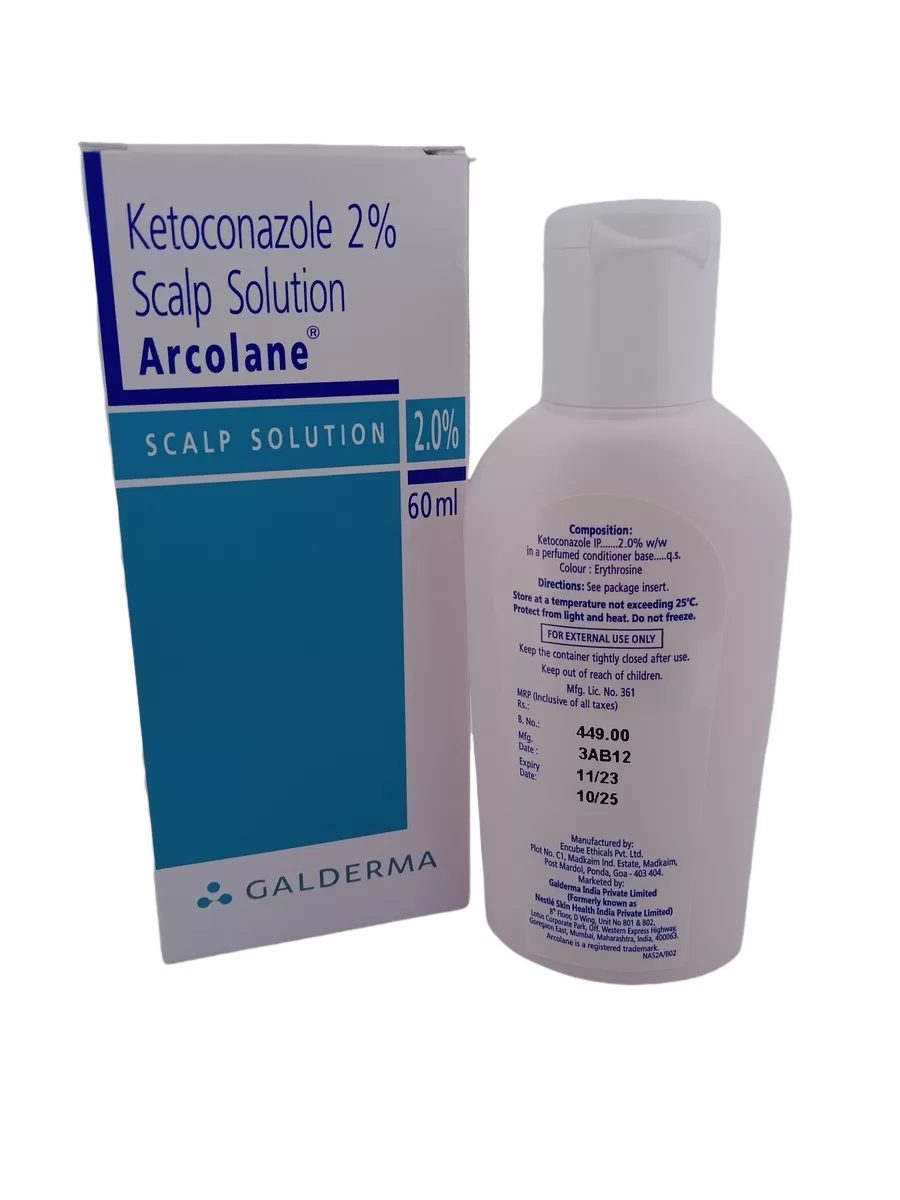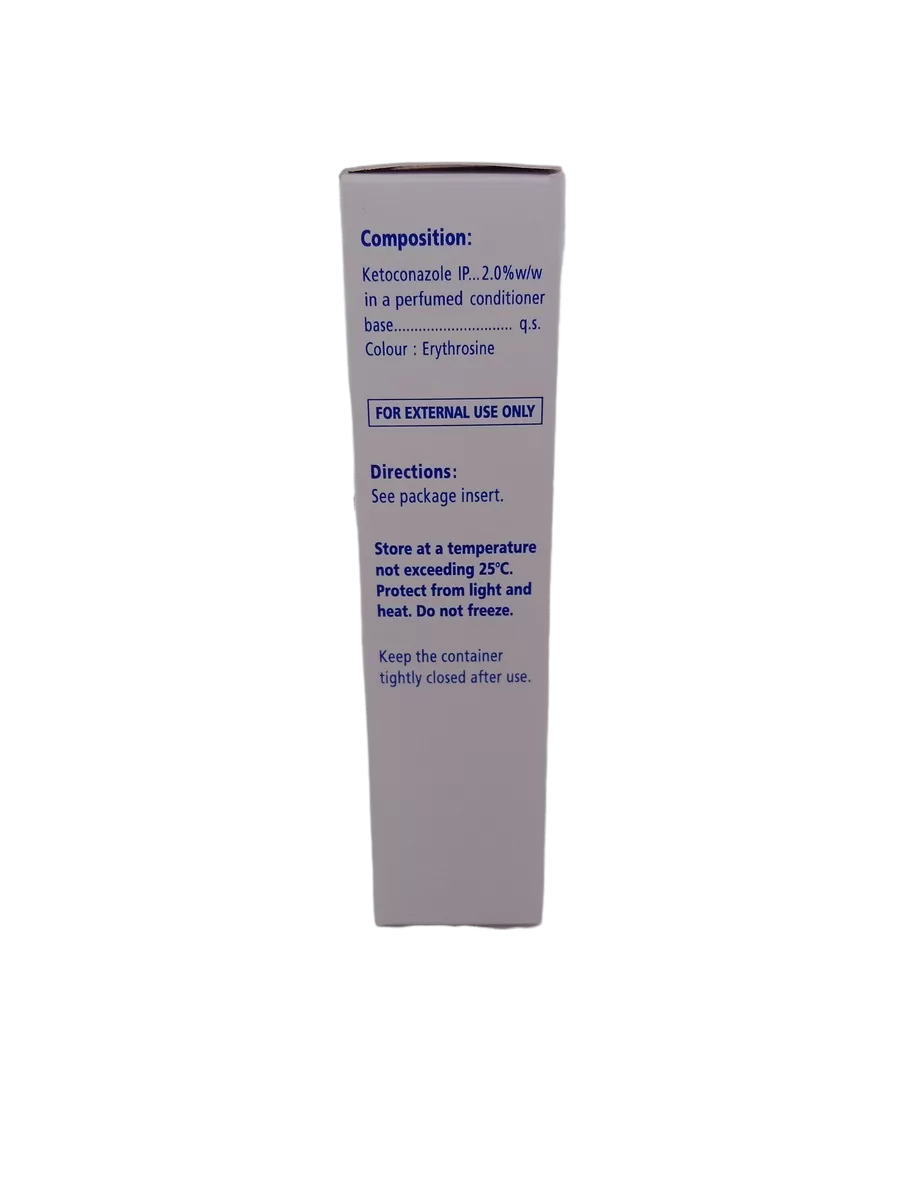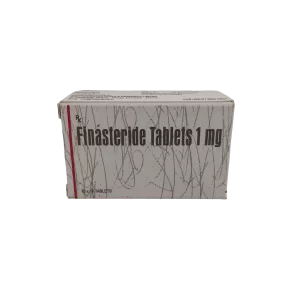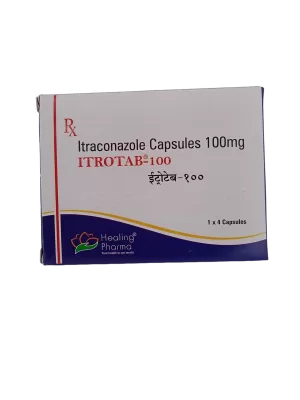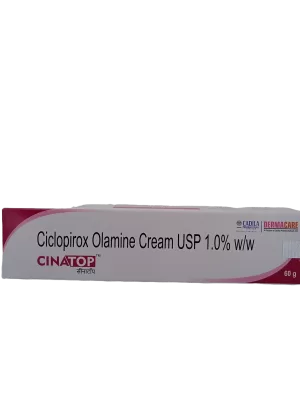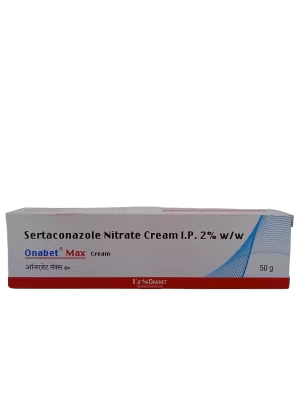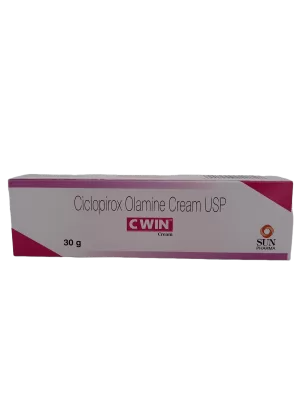ARCOLANE SCALP SOLUTION 2.0% – 1 BOTTLE OF 60ML: Comprehensive Guide and Benefits
Introduction to ARCOLANE SCALP SOLUTION 2.0% – 1 BOTTLE OF 60ML
Fungal Skin Infection Treatments – Effective Solutions
Fungal skin infections can cause discomfort, itching, and unsightly rashes. Treatment options include antifungal creams, oral medications, and natural remedies. Identifying the cause and choosing the right treatment ensures quick relief and prevents recurrence. Always consult a healthcare professional for proper treatment.. This product is carefully formulated to provide effective results while ensuring safety and ease of use.
Key Benefits of ARCOLANE SCALP SOLUTION 2.0% – 1 BOTTLE OF 60ML
Effective Action – Works efficiently to deliver intended results.
High-Quality Ingredients – Formulated with trusted components for maximum effectiveness.
Safe Usage – Designed for optimal use with minimal side effects.
How ARCOLANE SCALP SOLUTION 2.0% – 1 BOTTLE OF 60ML Works
The active ingredients in ARCOLANE SCALP SOLUTION 2.0% – 1 BOTTLE OF 60ML work by targeting key mechanisms in the body to provide the desired benefits. It is widely recommended for its efficacy and safety.
Usage Instructions for ARCOLANE SCALP SOLUTION 2.0% – 1 BOTTLE OF 60ML
Dosage – Follow the prescribed dosage or as directed by a healthcare professional.
Administration – Best taken at the recommended time to maximize effectiveness.
Precautions – Avoid exceeding the recommended dose and consult a doctor if necessary.
Medicinal Advantages of ARCOLANE SCALP SOLUTION 2.0% – 1 BOTTLE OF 60ML
Reliable Results – Proven to deliver desired outcomes.
Supports Health – Helps improve well-being with consistent use.
Minimal Side Effects – Designed to reduce adverse reactions.
Off-Label Uses of ARCOLANE SCALP SOLUTION 2.0% – 1 BOTTLE OF 60ML
While primarily used for its main purpose, some users have reported additional benefits in related health areas. Consult a healthcare provider for more information.
Expert Advice for Optimal Use
Consultation – Always check with a doctor before use, especially if you have existing health conditions.
Safe Storage – Keep in a cool, dry place away from children.
Avoid Misuse – Use only as directed to prevent complications.
Storage Instructions
Temperature – Store at room temperature, away from heat and moisture.
Safety Precautions – Keep out of reach of children and pets.
Frequently Asked Questions (FAQs)
Q: How soon does ARCOLANE SCALP SOLUTION 2.0% – 1 BOTTLE OF 60ML take effect?
A: The effects vary but are generally noticeable within a reasonable timeframe.
Q: Can I use ARCOLANE SCALP SOLUTION 2.0% – 1 BOTTLE OF 60ML daily?
A: Usage frequency should be based on professional medical advice.
Q: Is ARCOLANE SCALP SOLUTION 2.0% – 1 BOTTLE OF 60ML safe for pregnant or breastfeeding women?
A: Consultation with a healthcare provider is recommended before use.
Q: Are there any side effects?
A: Most users experience minimal or no side effects when taken as directed.
